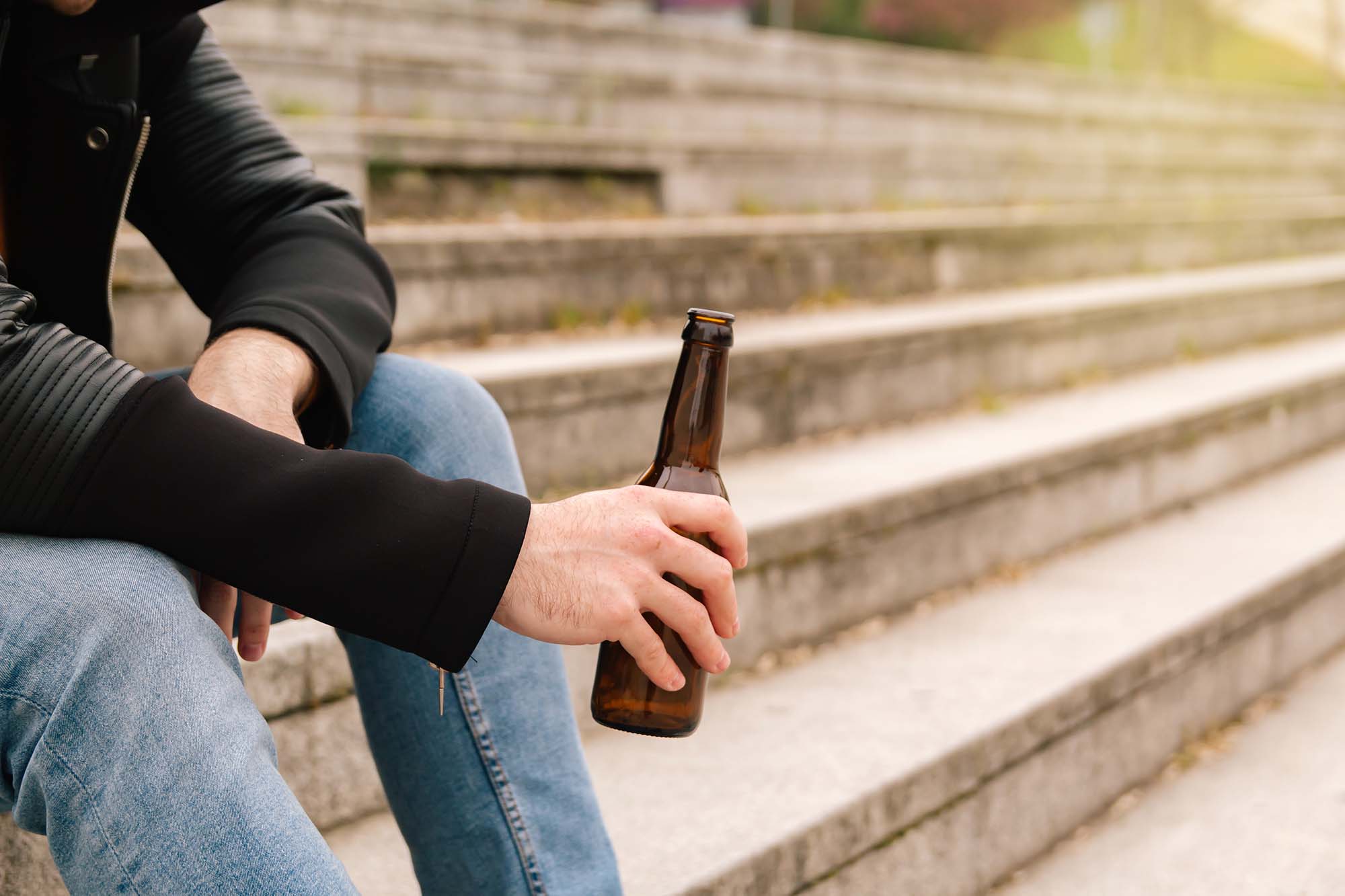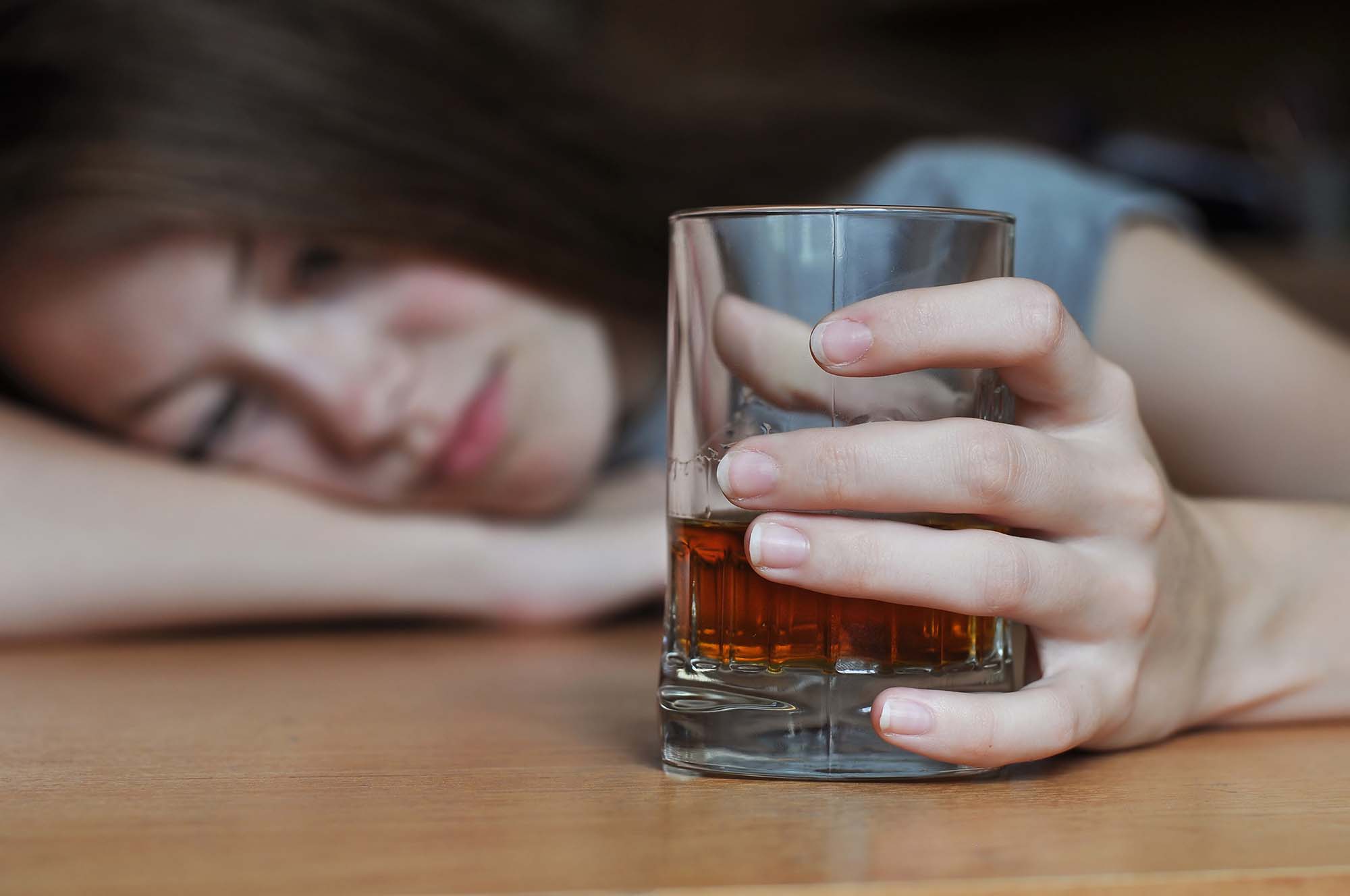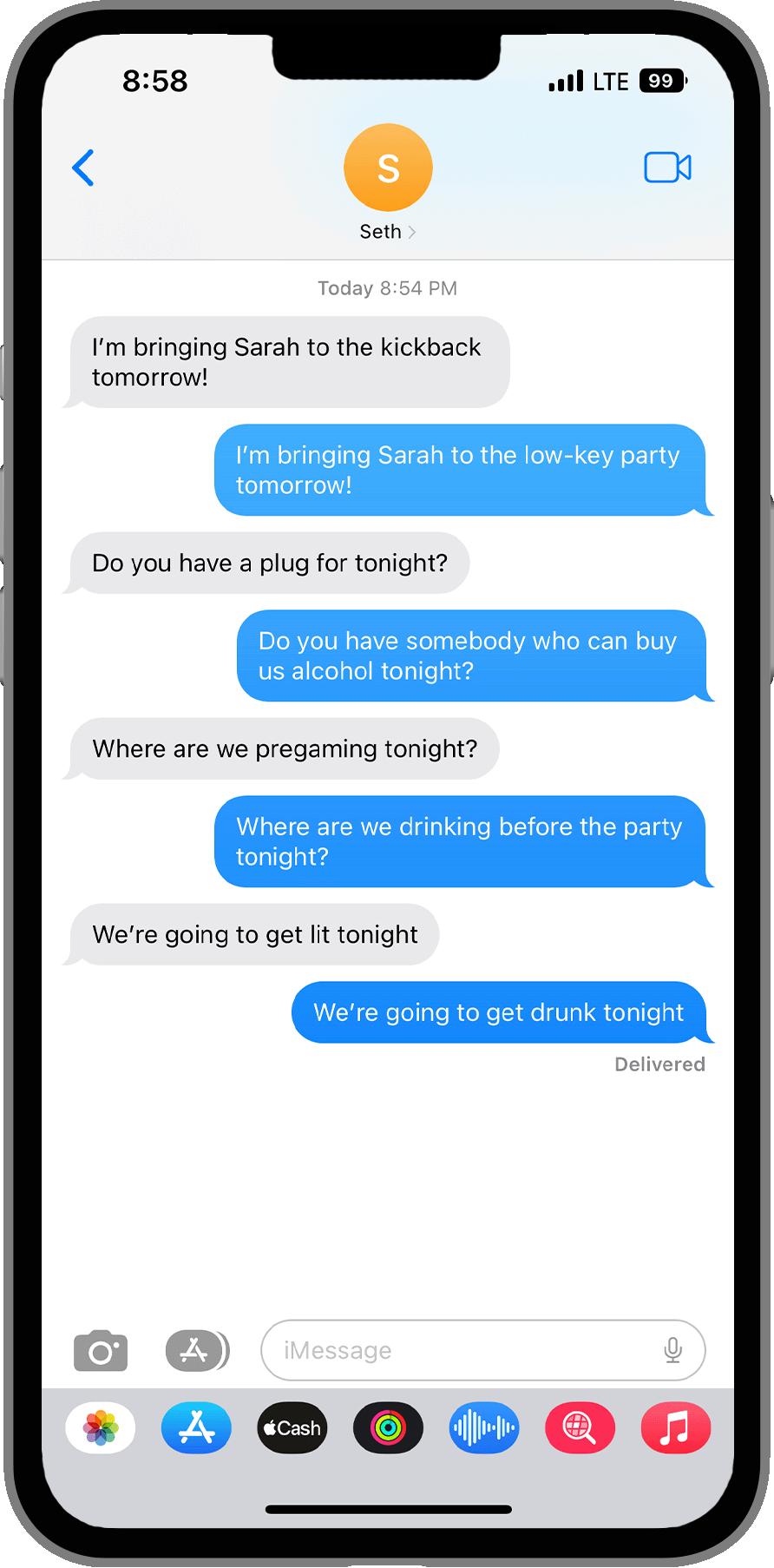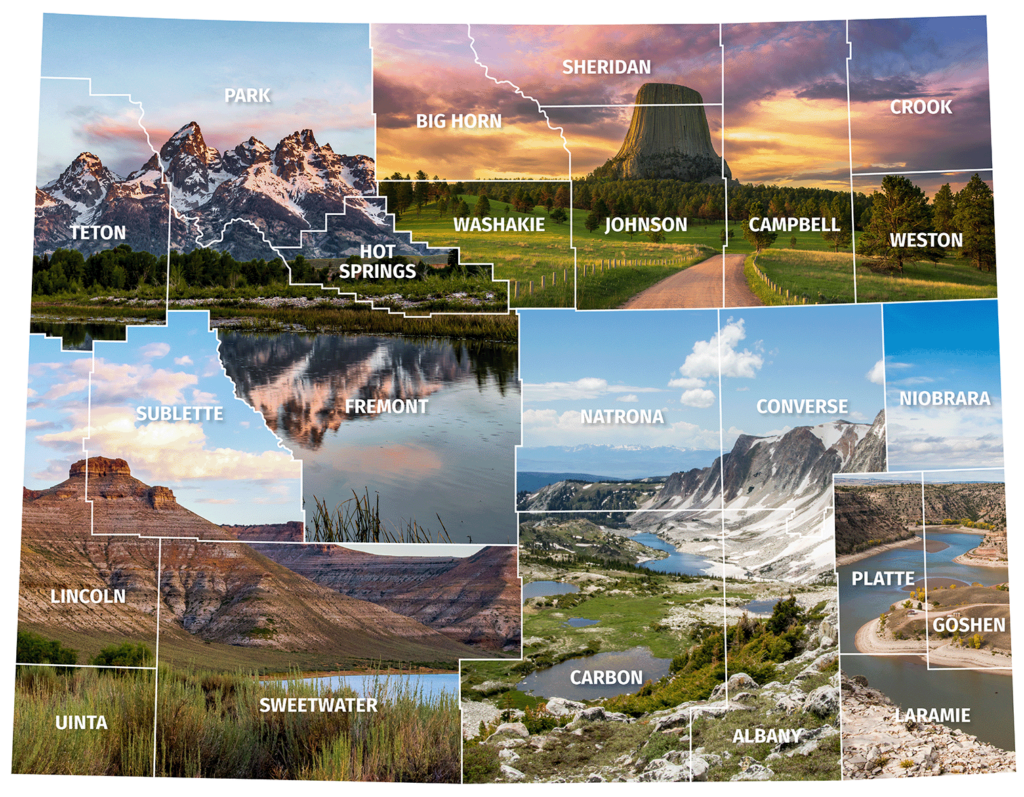
The 3 leading causes of death for 15 to 24-year-olds: AUTOMOBILE CRASHES, HOMICIDES, SUICIDES. Alcohol is a leading factor in all 3.










Try out the sliding feature on the interactive cellphone and unveil the true meanings behind seemingly innocent phrases commonly used by teens to discuss drinking discreetly. By understanding code words and phrases, parents can improve their awareness of youth culture and have a better idea of how to best initiate open conversations, foster trust, and encourage responsible decision-making.
Drag the slider to reveal possible responses!
Try out the sliding feature on the interactive cellphone and unveil the true meanings behind seemingly innocent phrases commonly used by teens to discuss drinking discreetly. By understanding code words and phrases, parents can improve their awareness of youth culture and have a better idea of how to best initiate open conversations, foster trust, and encourage responsible decision-making.


It is important to know the signs of underage drinking so that you can understand when to start a conversation with your child. Click through the web stories below to learn more about where your child might be getting alcohol, how they hide it, signs they are at risk for underage drinking and the physical signs that they are drinking underage. By being prepared, you can proactively engage with your children, and understand when you need to have these critical conversations.
Finding the right time and place is one of the most pivotal parts of great dialogue. By asking some simple open-ended questions, you can truly get a pulse on if your child is in a good state of mind to have a conversation with you. Use the following examples as options to check the pulse of your child’s openness to conversation.
Note: If your child does not respond in a positive manner, it’s okay. Try asking a pulse check question another day.
How has your day been?
Anything interesting happening lately?
How are you feeling about school/work lately?
What's been on your mind lately? Anything you want to talk about?
Is there anything this week you’re looking forward to?
How was _____ (school, sporting event, etc.) this week?
How has your day been?
Anything interesting happened?
How are you feeling about school/work lately?
What's been on your mind lately? Anything you want to talk about?
Is there anything this week you’re looking forward to?
How was ____ (school or sport event, etc) this week?
Discussing underage drinking with middle schoolers is an important conversation. This is an age where they are being influenced by many factors and are being exposed to new habits and behaviors everyday. The goal is to have these conversions and talk about underage drinking before a child experiments with it or it becomes a problem. Here are some talking points:
High school is a time where this conversation takes a more serious tone. The effects of underage drinking can be so much harsher in high school because these implications can leave them with life long consequences. It is important to have this conversation multiple times during this time of their lives. It is important to remember that it is common for kids at this age to feel pressure to drink alcohol and be around other kids that are doing it themselves and as parents we need to try our best to take a non-judgmental approach to the conversation.
During this time in your child’s life, they are going through many life changes and are experiencing pressure in regards to relationships, work, continued education and much more. The conversation shifts into thinking about what consequences or dangers underage drinking could potentially be associated with. As always, we want to come off non-judgmentally and help steward a productive conversation. We can be a resource for how to get out of scary situations, we can help our children create an exit strategy and use this as an opportunity to build trust so that if those situations occur, they will reach out to you for help.
Our goal is to equip you with actionable steps to safeguard your children against the risks associated with underage drinking. This checklist provides a structured approach to address these critical issues. By being prepared, you can proactively engage with your children, establish trust, and promote responsible decision-making, ultimately helping to reduce the likelihood of underage drinking and its potential consequences.
Our goal is to equip you with actionable steps to safeguard your children against the risks associated with underage drinking. This checklist provides a structured approach to address these critical issues. By being prepared, you can proactively engage with your children, establish trust, and promote responsible decision-making, ultimately helping to reduce the likelihood of underage drinking and its potential consequences.
Our goal is to equip you with actionable steps to safeguard your children against the risks associated with underage drinking. This checklist provides a structured approach to address these critical issues. By being prepared, you can proactively engage with your children, establish trust, and promote responsible decision-making, ultimately helping to reduce the likelihood of underage drinking and its potential consequences.
All children are different, and as parents, we understand you are doing your best. It is okay if you don’t know how to deal with a situation and if through your conversation you find your child needs help, here are some local resources. Use the regional map to find assistance in your area, or please head to our contact page. If you are in an immediate crisis call or text 988.

Time's up

WYWETALK is committed to providing resources and support to help parents and guardians navigate these difficult topics. Through education and prevention initiatives, we can help our children make informed decisions that will keep them safe and healthy. Join us in this important effort to protect our kids and promote a brighter future for our communities

https://www.sweetwaterpreventioncoalition.com/
Prevention Specialists: Shae Bell and Jason Lux
facebook.com/CarbonCountyProjectPrevention
Prevention Specialist: Tracy Young
Prevention Specialist: Brittany Wardle and Angela Vaughn
Anne Petroski
The Comprehensive Community Coalition
facebook.com/GoshenCountyPrevention
Prevention Specialist: Lynette Saucedo
Prevention Specialist: Hailey Bloom
Mercer House:
ncpreventioncoalition.net
shixon@mercercasper.com
Community Prevention Coalition of Teton County
https://www.facebook.com/CPCTetonCounty
Prevention Specialist: Beverly Shore
Bill Hawley
Campbell County Prevention Council:
Campbell County Suicide Prevention Coalition:
Prevention Specialist:
21 Alliance Prevention Coalition
facebook.com/WestonCountyPrevention
Prevention Specialist: Kristi Lipp
Be Well Coalition
Prevention Specialist: Katie Allen
Healthy Park County
Prevention Specialist: Wendy Morris
Big Horn County Prevention Alliance
Prevention Specialist: Travis Sylvester
Alliance for Substance Abuse Prevention of Sheridan County
facebook.com/ASAPSheridanCounty
Sheridan County Suicide Prevention Coalition
Prevention Specialist: Ann Perkins